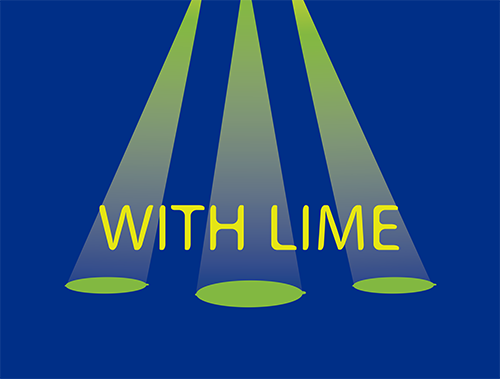Title: Sugar: from aristocratic subtleties to global commodity
In the third of three artist’s talk about Azúcar/Sugar, the latest installation from With Lime, join Dr Miki Seifert and Dr Arini Loader at ‘The Colonisers’ Banquet Table’. Dr Seifert will talk about how sugar was transformed from an exotic luxury item into a global ubiquity. Dr Loader will use te reo Māori as a gateway to talk about sugar’s associated health and societal issues along with alcohol and other colonial introductions.
Dr Miki Seifert
Miki Seifert has a PhD from Victoria University of Wellington and a B.A. in French and Political Science from Moravian College. Since 2007, she has lived in Wellington, Aotearoa New Zealand.
Her body of work ranges from performances, installations and videos with her collaborator William Franco to solo work of mixed media paintings to writing and artbooks. Her movement training (Butoh, contact improvisation, ballet, circus arts and gymnastics) imbues her work with flow, timing, placement, and a balance between the improvised and the choreographed.
She is best known for “He rawe tona kakahu/She wore a becoming dress”, a Butoh performance about gender and colonisation. Her performative research is published in The Routledge Companion to Butoh Performance and the Brazilian Journal on Presence Studies.
She studied Butoh with Diego Pinon, Oguri, and Shinichi Momo Koga; contact improvisation with Carmella Herman; and modern dance at the Martha Graham and Alvin Ailey Studios in New York.
Dr Arini Loader
Senior lecturer in Māori history who belongs to Ngāti Raukawa, Ngāti Whakaue, and Te Whānau-a-Apanui and who is fortunate enough to live and work at one of the places I call home beneath te pae maunga o Tararua, where the sun descends into the sea over Kapiti. My work is grounded in Indigenous knowledges and methodologies and highlights Indigenous agency, creativity, power, and beauty.
The words of Cherrie Moraga (2011) speak to my approach:
'The best of creative writing...is able to traverse great borders of mind and matter. The distinctions disappear. Our present moment becomes history. History is enacted myth. Myth is remembered story. Story makes medicine. I am in daily search of these acts of remembering of who we once were..
I write to remember.
I make rite (ceremony) to remember.
It is my right to remember.'
